Disclosure: This article contains affiliate links. We may earn a commission from purchases at no extra cost to you, which helps our travel content.
The elephant's trunk grazed my outstretched fingers as our boat drifted silently along the Chobe River. I instinctively held my breath—not from fear, but from reverence. In my years as an EMT, I've witnessed countless moments where life hangs delicately in balance, but nothing quite prepares you for the raw, unfiltered connection with nature that Kasane offers. This gateway to Chobe National Park holds over 120,000 elephants within its boundaries, the highest concentration on Earth. As someone who's spent years navigating emergency situations, I found myself drawn to this wild corner of Botswana not just for adventure, but for the profound healing that comes from witnessing life in its most authentic form. For the solo traveler willing to step beyond comfort zones, Kasane offers a masterclass in self-reliance wrapped in the stunning geometry of nature's perfect design.
Preparing for Solo Safari: The Essentials
When your daily work involves trauma kits and emergency protocols, packing for the wilderness becomes second nature. But Botswana's remote beauty demands specific preparation that goes beyond the ordinary traveler's checklist.
First, medical considerations: Kasane sits in a malaria zone, so antimalarials are non-negotiable. I started my doxycycline regimen two days before arrival and packed a comprehensive first aid kit including rehydration salts (essential in this climate), antihistamines for potential insect reactions, and wound care basics. The nearest advanced medical facility is hours away—something I'm acutely aware of as an EMT.
For safari equipment, my binoculars became an extension of my body. The clarity they provide transformed distant elephant herds into intimate encounters, allowing me to observe subtle behaviors from a respectful distance. Worth every penny and ounce in your luggage.
Clothing deserves careful consideration. The winter months (June-August) in Botswana bring surprisingly cold mornings followed by warm afternoons. I layered merino wool base layers under neutral-colored clothing (beige, olive, brown—avoid bright colors and white which distract wildlife) and topped with a packable down jacket for pre-dawn game drives when temperatures can drop below 40°F (4°C).
But perhaps most essential was mental preparation. Solo safari requires heightened situational awareness and comfort with solitude. I spent evenings at my lodge writing detailed observations in my journal—a practice that sharpens both my medical assessments and my connection to place. The parallels between wilderness medicine and wildlife observation are striking; both require presence, patience, and pattern recognition.
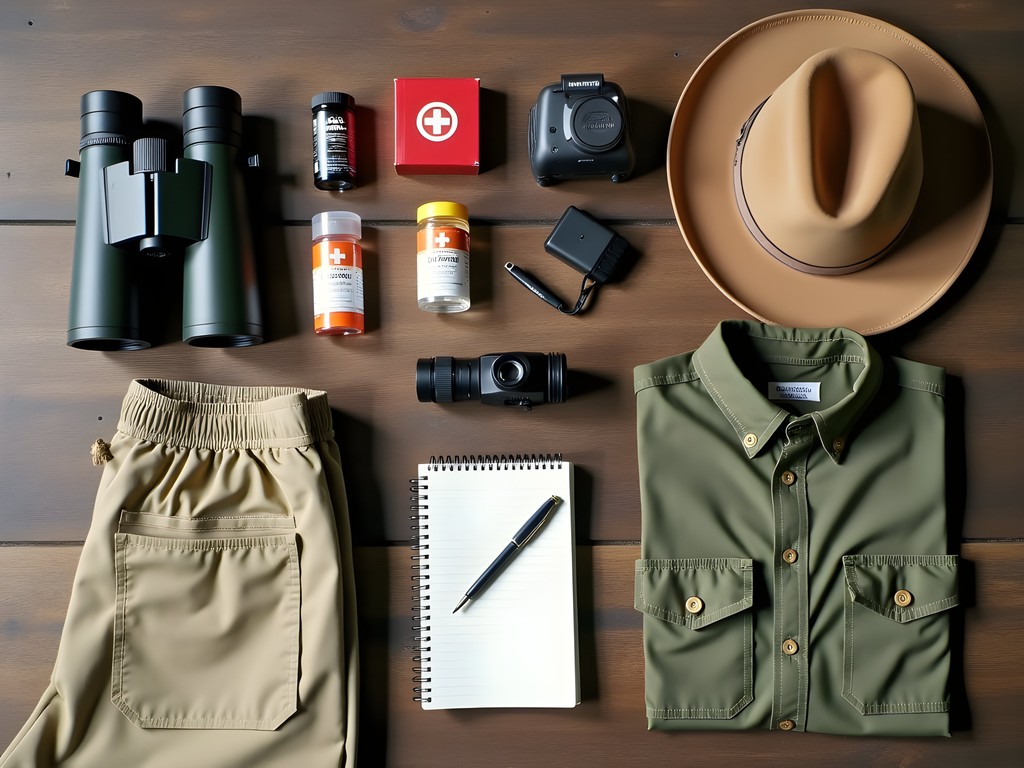
💡 Pro Tips
- Pack twice the antimalarial medication you think you'll need in case of travel delays
- Bring a headlamp with a red light setting for nighttime use (preserves your night vision and doesn't disturb wildlife)
- Download offline maps of Chobe National Park before arrival—cell service is unreliable at best
Finding Your Rhythm: Solo Game Drives vs. Guided Experiences
There's a sacred rhythm to wildlife viewing that reminds me of the measured pace we maintain during critical medical assessments—rushing serves no one. In Chobe, I alternated between self-drive explorations and guided safaris, each offering distinct advantages for the solo traveler.
Self-driving through Chobe requires confidence behind the wheel and comfort with navigation. I rented a 4x4 from Kasane (book well in advance—options are limited) and found the freedom intoxicating. Moving at my own pace allowed me to sit with a pride of lions for nearly two hours, observing subtle social interactions that tour groups often miss in their rush to check off the Big Five. However, this independence comes with responsibility—you must understand animal behavior well enough to maintain safe distances and recognize warning signs.
For my self-drive days, I relied heavily on my satellite communicator. This compact device provided emergency communication capabilities, weather updates, and location sharing—essential safety tools when venturing alone into areas without cell coverage. As someone who responds to emergencies professionally, I understand the value of prevention and preparation.
Guided safaris, meanwhile, offer the irreplaceable knowledge of local experts. My guide Mpho, a Botswanan with 15 years of experience, taught me to recognize medicinal plants his grandmother used—knowledge that resonated deeply with my interest in indigenous healing practices. He spotted a leopard that I would have certainly missed, camouflaged perfectly against a dappled acacia branch.
The water safaris along the Chobe River provided yet another perspective. As our small boat navigated the channels between Botswana and Namibia, hippos surfaced around us, their territorial grunts reverberating through the water. From this vantage point, I witnessed elephants swimming between islands, trunks raised like snorkels—a behavior rarely seen from land.
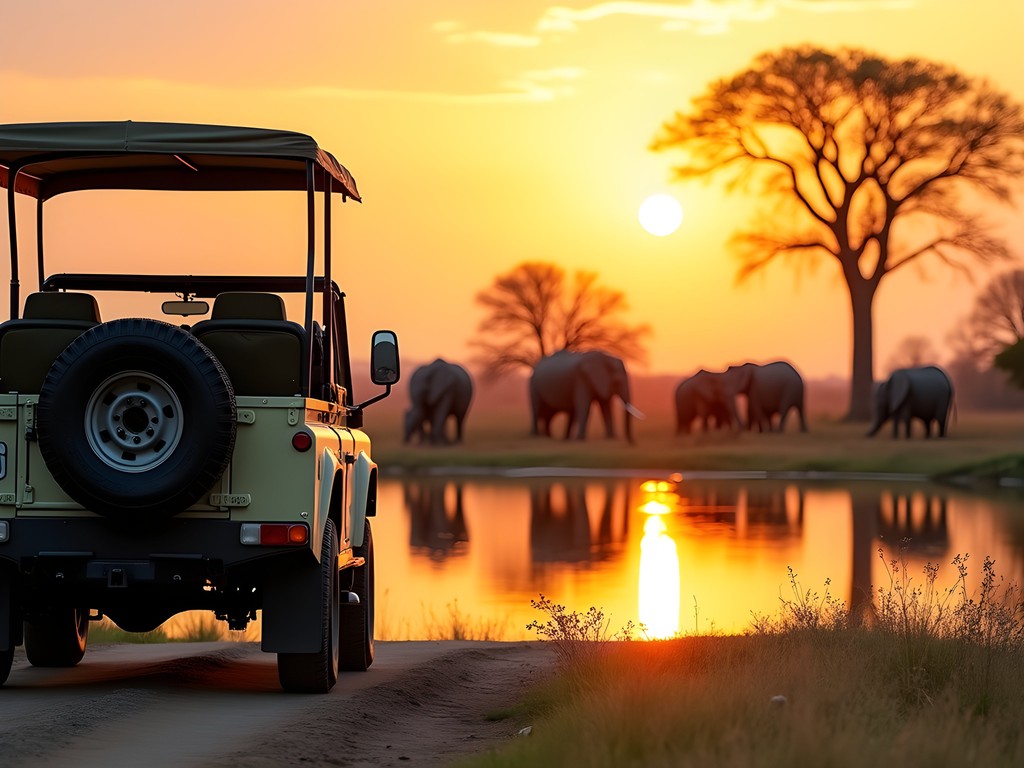
💡 Pro Tips
- For self-drives, depart at sunrise when animals are most active and the light is magical for photography
- Book at least one specialized photography safari if possible—guides position vehicles optimally for lighting and animal behavior
- Always carry more water than you think you'll need—dehydration can impair judgment quickly in this climate
Sacred Geometries: Finding Healing in Chobe's Landscapes
There's something profoundly medicinal about witnessing the perfect symmetry of an acacia tree silhouetted against Botswana's impossible sunset. As both an EMT and someone connected to my Mi'kmaq heritage, I've long recognized that healing often happens at the intersection of natural patterns and human presence.
Chobe's landscapes embody sacred geometry in its purest form. The spiral of an elephant's trunk coiling around a branch, the perfect hexagons of honeycomb created by African bees, the fractal patterns of river tributaries viewed from Kasane's elevated viewpoints—these designs repeat across scales in ways that indigenous knowledge has recognized as healing for millennia.
During my solo journey, I developed a daily ritual of finding a safe, elevated spot to watch the transition between day and night. One evening at the Chobe Game Lodge viewpoint, I witnessed a perfect alignment of elements—water, earth, air, and the fire of sunset—that created a moment of such complete stillness that my typically hypervigilant EMT senses finally quieted. For those seven minutes, I wasn't scanning for dangers or assessing situations; I simply existed within the perfect balance of this ecosystem.
This sensation of harmony isn't just poetic fancy—it has measurable physiological effects. My heart rate variability (which I track as part of my wellness practice) showed significant improvement during my week in Chobe. The combination of disconnection from digital demands, immersion in natural patterns, and the heightened sensory awareness that solo travel demands created a reset that no urban wellness retreat could match.
For fellow travelers seeking this deeper connection, I recommend bringing a travel journal specifically dedicated to recording the geometric patterns you observe. Sketching, even for the artistically challenged like myself, forces a type of attention that photography doesn't. My journal pages filled with amateur drawings of baobab tree silhouettes and elephant footprints became a meditation practice that continued to provide healing long after I returned to emergency room fluorescents.
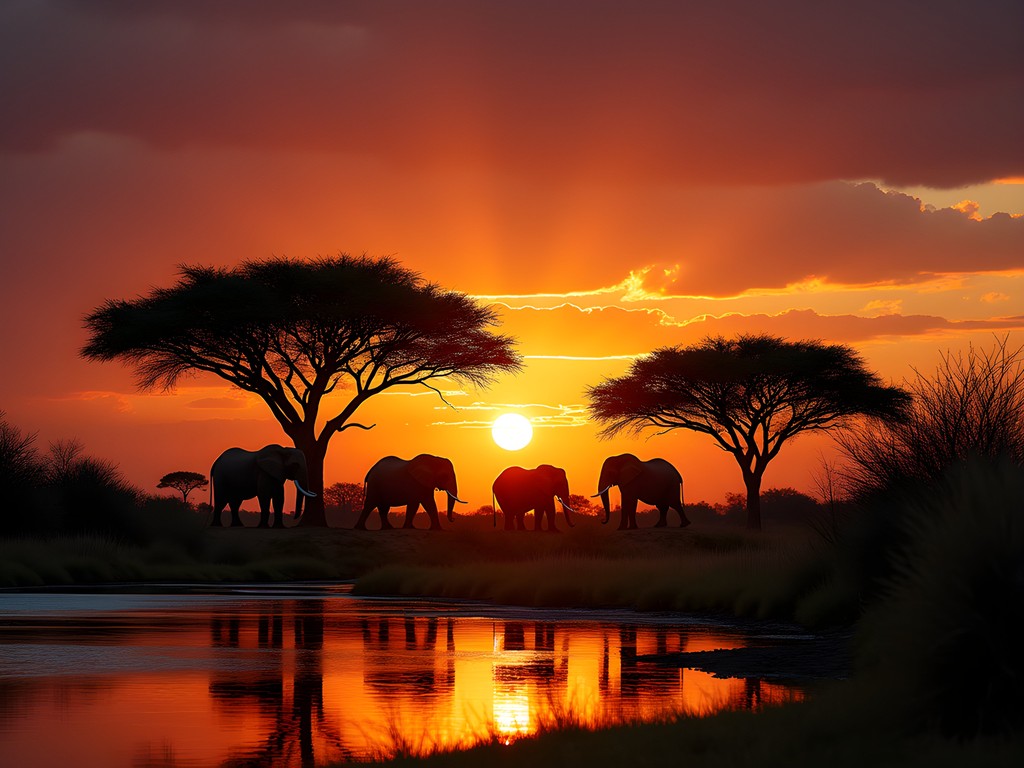
💡 Pro Tips
- Visit the Chobe River Front at both sunrise and sunset to witness how dramatically different the energy and light feels
- Spend at least one afternoon completely alone (with proper safety precautions) in a designated viewing area—the wildlife behaves differently when human presence is minimized
- Learn the traditional Tswana names for animals and landmarks—language shapes perception in profound ways
Food Truck Wisdom: Unexpected Culinary Finds in Kasane
My ongoing fascination with food trucks took an unexpected turn in Kasane. While not exactly the urban street food scene I've documented across North America, the small border town offers fascinating culinary insights for the adventurous solo traveler.
The Kasane Food Market became my morning ritual, where I'd watch local vendors arrange perfect geometric patterns of mangoes, baobab fruit, and morula nuts. Here I discovered morama beans—protein-rich legumes that indigenous communities have harvested for centuries. The nutritional profile impressed even my EMT brain, which is constantly cataloging food sources by their sustenance value.
But the true revelation came from a converted Land Rover Defender parked near the Chobe River crossing. 'Mma Dinare's Kitchen' (Mother of Buffaloes) serves seswaa (pounded beef) and morogo (wild spinach) wrapped in homemade flatbread. The proprietor, Grace, learned cooking from her grandmother, who was a traditional healer. When I mentioned my interest in medicinal foods, she added a sprinkle of Kalahari salt mixed with crushed devil's claw—a natural anti-inflammatory that indigenous healers have used for generations.
For solo travelers, these small food operations offer more than sustenance—they provide connection. Grace introduced me to her cousin who runs boat safaris, which led to an invitation to join a local family's sunset cruise (at standard rates, but with non-standard insights into river life).
To navigate Botswana's heat, I relied heavily on my insulated water bottle which kept water cold for entire day safaris even in 90°F heat. This isn't just comfort—proper hydration is critical for cognitive function and safety in the bush.
Don't miss the Friday night braai (barbecue) at the Chobe Safari Lodge, where local guides often gather after their work week. Sharing impala skewers and stories with these knowledge keepers provided insights no guidebook could offer. When Kennedy, a veteran guide, learned of my EMT background, he shared fascinating parallels between tracking wounded animals and assessing trauma patients—both require reading subtle signs that untrained eyes miss completely.
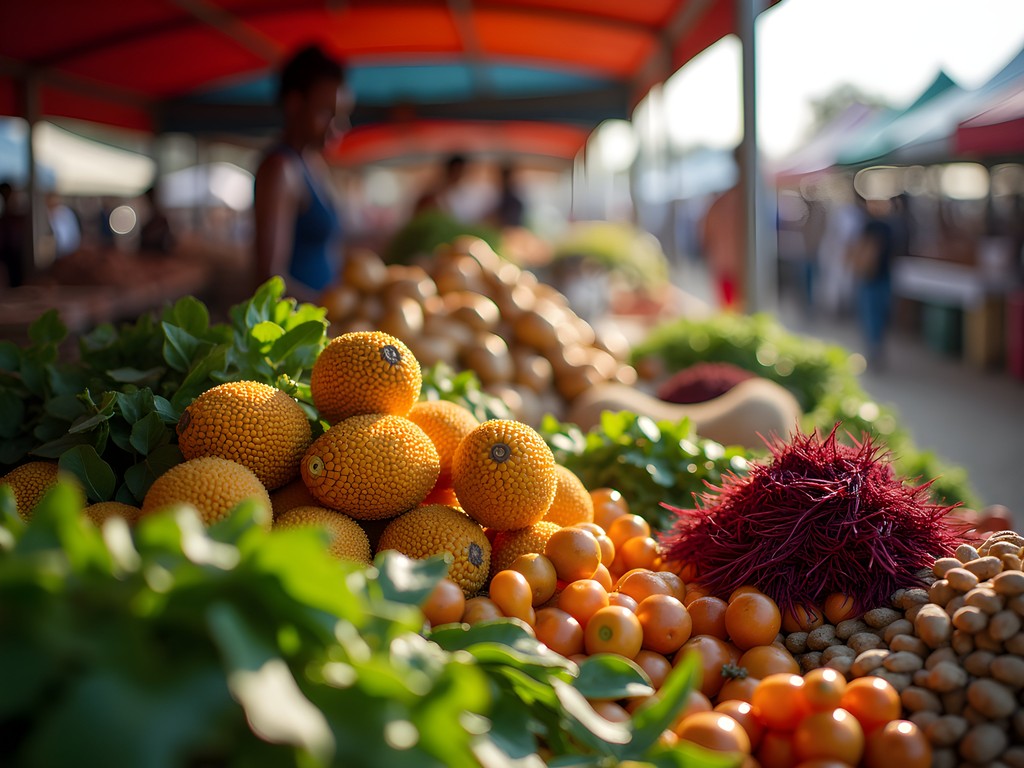
💡 Pro Tips
- Ask for 'staff meals' at lodges for more authentic local cuisine than what appears on tourist menus
- Carry small denomination pula (local currency) for food market purchases—vendors rarely have change
- Try morogo (wild spinach) whenever offered—it contains micronutrients rarely found in Western diets
Safety Protocols: The EMT's Guide to Solo Safari
My emergency medical background shapes how I approach solo travel in wilderness settings. Chobe's breathtaking beauty comes with inherent risks that require thoughtful mitigation—especially when traveling alone.
First, establish a reliable communication plan. I checked in daily with my lodge staff and shared my intended routes for self-drive safaris. My personal locator beacon remained accessible at all times—a non-negotiable backup when venturing beyond cell coverage. Unlike satellite messengers that require subscriptions, PLBs connect directly to emergency services worldwide with no ongoing fees.
Hydration and thermoregulation deserve serious attention. Botswana's winter days can reach 85°F (29°C) while dropping below 40°F (4°C) at night. I monitored my urine color as a practical hydration check (EMT habits die hard) and set hourly reminders to drink water during game drives when excitement can override thirst cues.
Animal safety protocols are critical. I maintained the recommended minimum distances (50 meters for most wildlife, 100 meters for elephants and predators), always kept my vehicle positioned for quick departure, and never stood up in the vehicle or made sudden movements. Understanding behavior signs saved me from potential danger when a young male elephant displayed classic pre-charge indicators—ears spread, head raised, trunk curled. I slowly reversed, creating space without triggering his defensive instincts.
The less obvious danger comes from insects. Beyond malaria prevention, I applied permethrin to my clothing before travel and used picaridin-based repellent on exposed skin. The tsetse flies in certain wooded areas of Chobe can transmit sleeping sickness, though cases are rare among travelers who take precautions.
For solo female travelers specifically: I found Botswana remarkably safe compared to many destinations, but I still practiced standard precautions in Kasane town. I avoided walking alone after dark, kept valuables secured in lodge safes, and maintained situational awareness. The respect I received from guides, drivers, and lodge staff was exemplary throughout my stay.
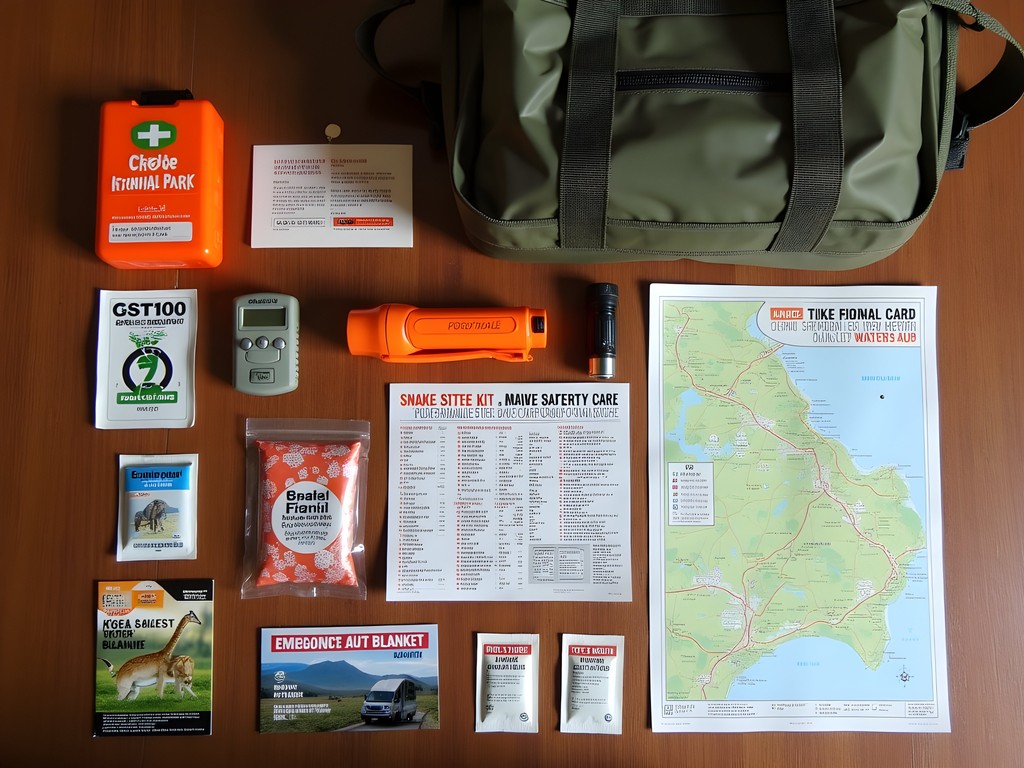
💡 Pro Tips
- Create a laminated card with your emergency contacts, blood type, and any medical conditions to keep in your daypack
- Take photos of your passport, insurance documents, and driver's license—store both physical copies and secure cloud backups
- Learn basic wildlife first aid—knowing how to respond to snake bites or insect stings can be lifesaving when medical help is hours away
Final Thoughts
As the Land Cruiser bounced along Chobe's sandy tracks on my final morning, a family of bat-eared foxes emerged from their den, stretching into the golden light. I sat alone, watching their precise movements—nature's ballet unfolding without human audience. This moment crystallized what makes solo safari in Kasane so transformative: the rare opportunity to witness wilderness on its own terms, unfiltered by others' perceptions. The sacred geometries of Botswana's landscapes had worked their healing magic on my EMT-trained hypervigilance, replacing it with something deeper—a reconnection to the rhythms that sustained my Mi'kmaq ancestors. For the solo traveler willing to prepare thoroughly and move respectfully through these spaces, Chobe offers not just adventure, but restoration of the highest order. The elephants of Kasane reminded me that we are all just passing through this world—and how we move through it matters deeply.
✨ Key Takeaways
- Solo safari requires thorough preparation but offers unparalleled wildlife connections
- Alternating between self-drive and guided experiences provides the best of both worlds
- Kasane's food scene reveals traditional knowledge about nutrition and healing
- The sacred geometries of natural landscapes offer profound restoration for modern travelers
📋 Practical Information
Best Time to Visit
Winter (June-August) for best wildlife viewing and lower malaria risk
Budget Estimate
$150-250 USD per day including accommodation, activities and meals
Recommended Duration
5-7 days minimum to fully experience Chobe
Difficulty Level
Intermediate
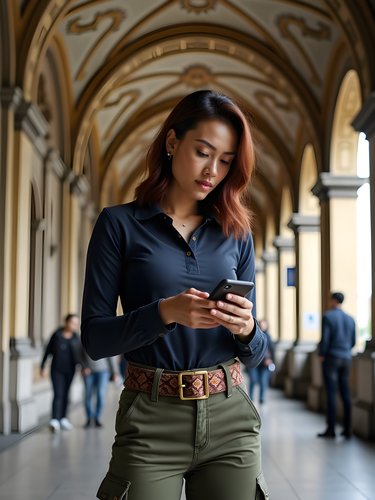
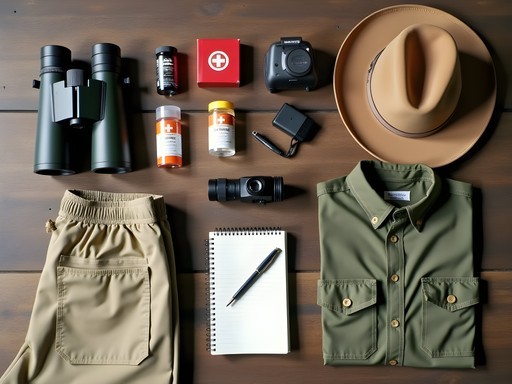
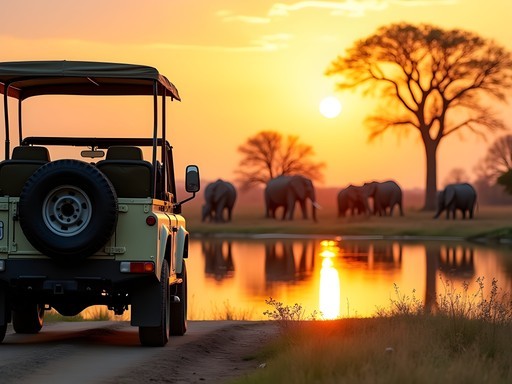
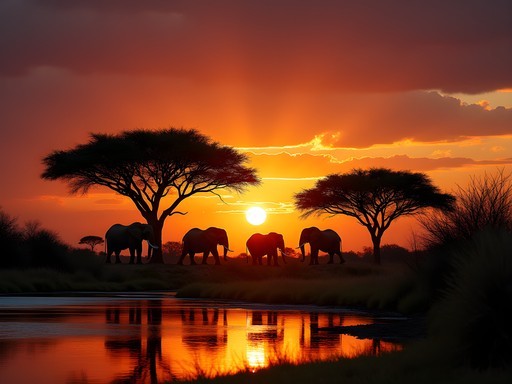
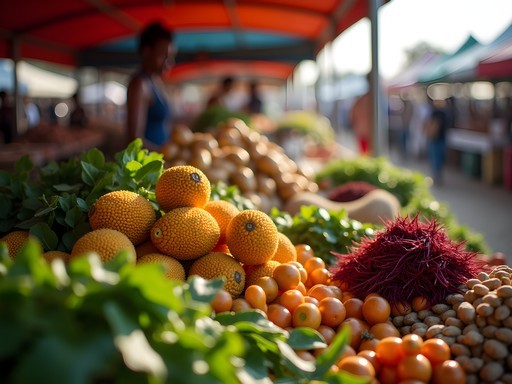
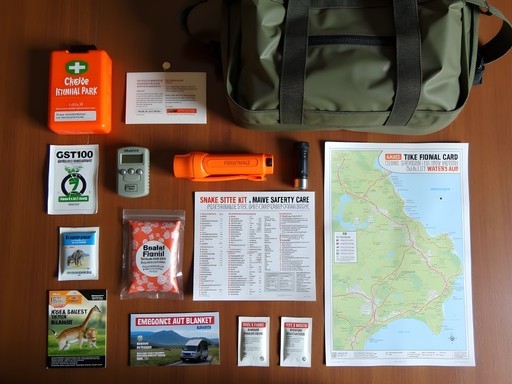


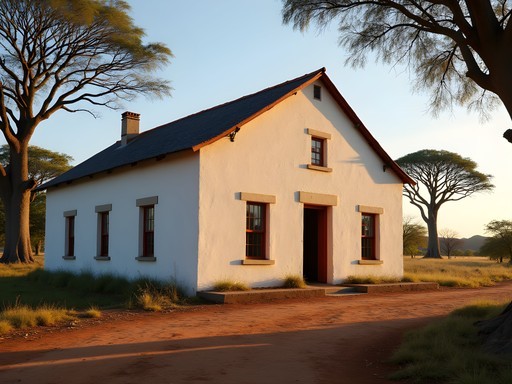
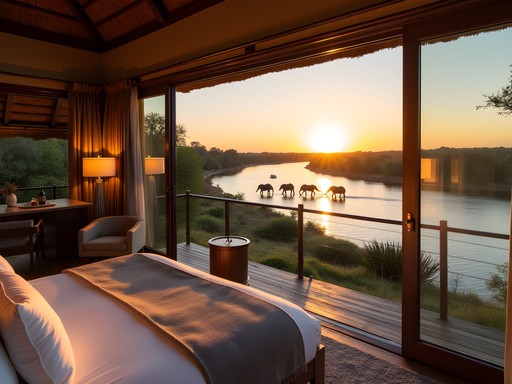
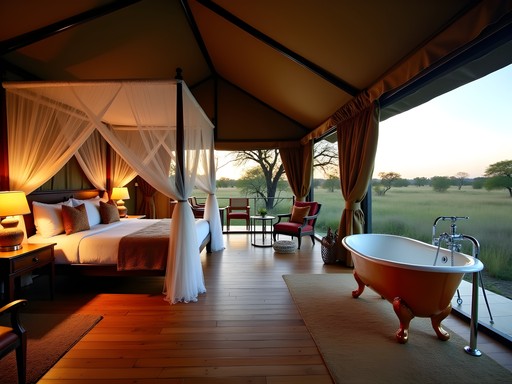
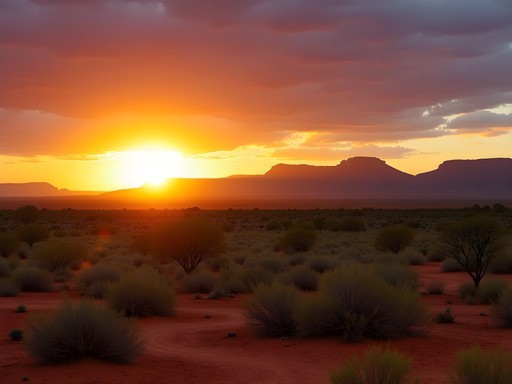
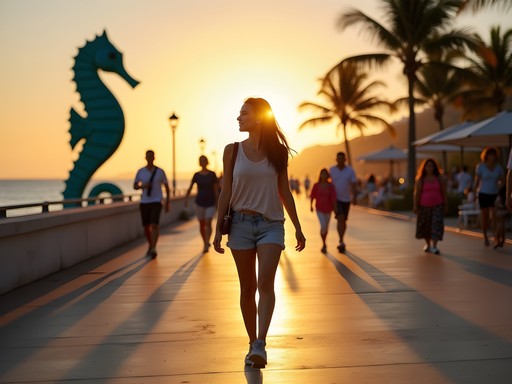

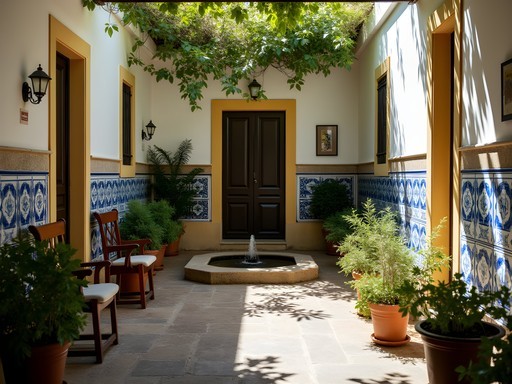
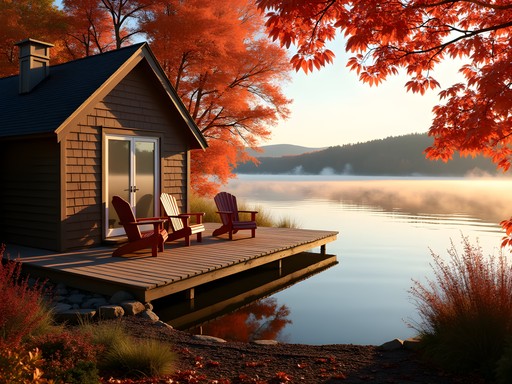
Comments
sunsetguide
What was your total budget for the week? Trying to plan my own solo trip and want realistic numbers.
smartchamp
Pro tip for anyone heading there: bring a good pair of binoculars. I used my binoculars at Chobe and they were game-changers for spotting leopards in trees. Also the food truck scene in Kasane is legit—don't skip it thinking you need fancy lodge dinners!
starwanderer8383
ooh good to know about the food trucks! what kind of food?
smartchamp
Mix of local Botswana dishes and surprisingly good pizza. Super cheap and authentic vibes
sunnywalker8495
the bat-eared fox photo is stunning!!
Sarah Powell
The "sacred geometries" section really resonated with me. There's something about solo travel in wild spaces that creates this meditative headspace you just can't access in group tours. I had a similar revelation at Kruger last year. Question: did you find the shoulder season (I'm assuming April?) impacted wildlife viewing? I'm debating between June and September for my Chobe trip but worried about crowds during peak season.
Sage Dixon
April was perfect—fewer tourists and still good wildlife concentration near water sources. September is peak dry season so more animals at the river but way more crowded. I'd lean toward your June timing for balance!
sunsetguide
Agree with Sage. Did Chobe in July and it was the sweet spot. Amazing sightings without the September chaos.
tripdiver
Love this! Added to my bucket list
Raymond Hassan
Really appreciate the breakdown between self-drive and guided experiences. I did a similar analysis when I visited Etosha in Namibia. The cost differential is significant—self-drive can cut expenses by 40-50% but you miss the expert knowledge. Curious about your accommodation choice in Kasane? I found the backpacker lodges there offered great value and community, though I imagine your EMT background gave you different priorities for comfort and safety infrastructure.
Sage Dixon
Stayed at Thebe River Lodge—mid-range but worth it for the river views and reliable wifi. After long days tracking wildlife, I needed that decompression space. You're right about the knowledge trade-off though!
cityguy6816
How safe did you feel doing the safari alone as a solo traveler? Been thinking about Botswana but nervous about going without a tour group.
Sage Dixon
Honestly felt incredibly safe! Kasane is very tourist-friendly and the guides are professional. The solo game drives gave me freedom but I joined group boat cruises for the social aspect. Best of both worlds!
smartchamp
I did solo safari in Tanzania and Botswana is even more chill. Just book reputable operators and you're golden
starwanderer8383
omg the elephant story!! this is literally my dream trip 🐘✨
SafariNewbie22
Going in August! Is it really doable as a solo female traveler? Any safety concerns?
Bryce Diaz
Not Sage, but I've met many solo female travelers in Kasane. It's generally very safe, especially in the tourist areas. Just use the same common sense you would anywhere - don't walk alone at night far from your accommodation, etc. The locals are incredibly friendly and helpful!
SafariNewbie22
Thanks so much, that's reassuring!
Sage Dixon
Exactly what Bryce said! I felt completely safe the whole time. August is perfect timing - dry season means animals concentrate around water sources, making for amazing viewing. Enjoy!
AfricaDreaming
Those bat-eared foxes! 😍 What a magical ending to your trip!
Venture X
Premium card with 2X miles, $300 travel credit, Priority Pass